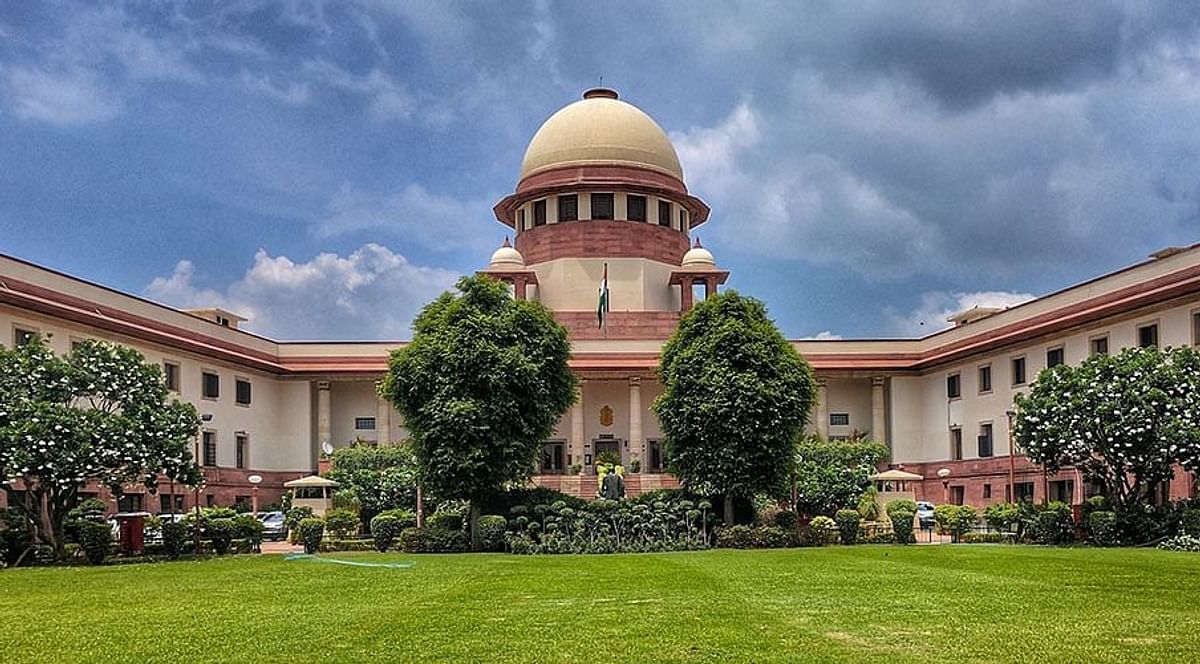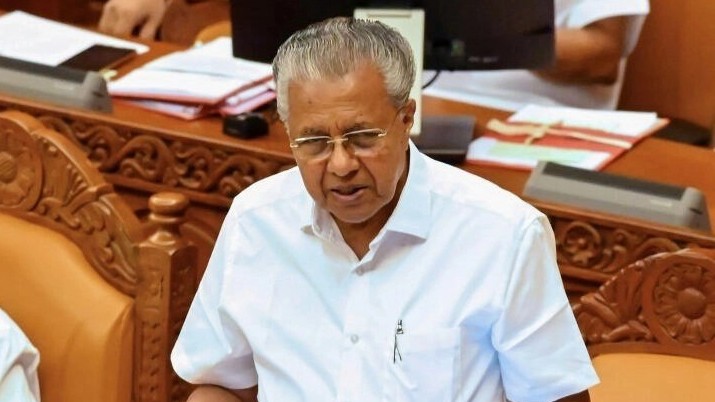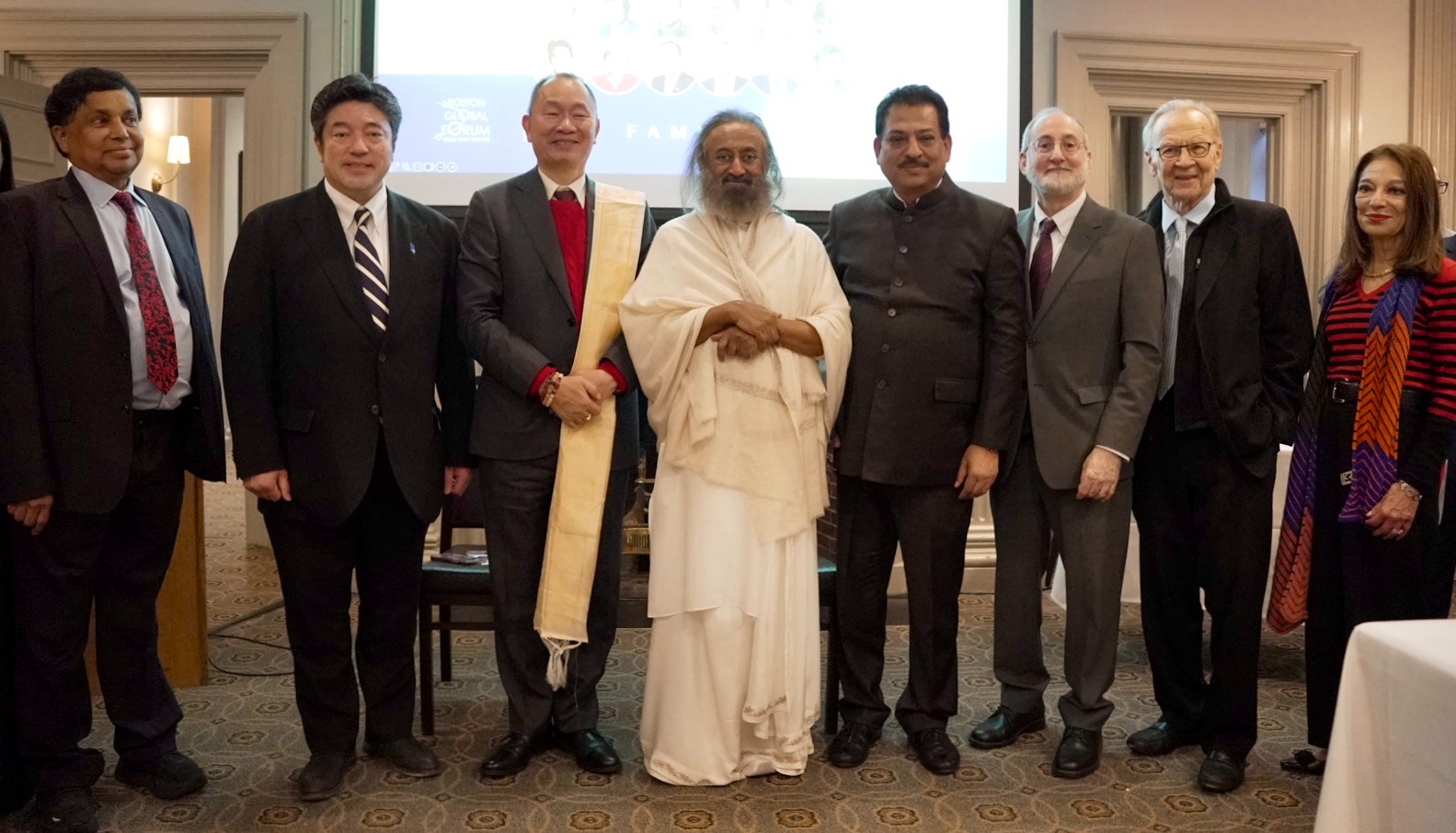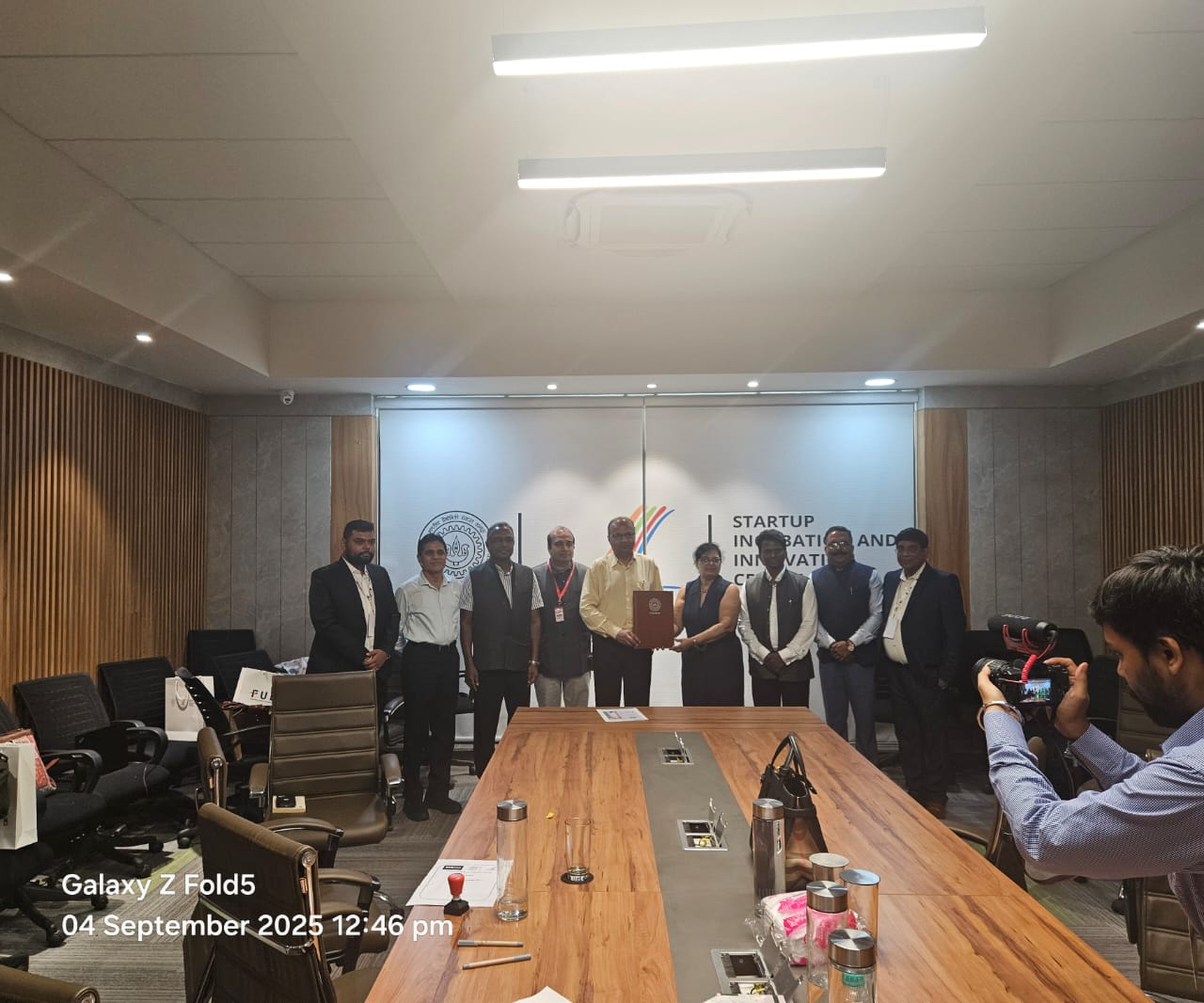"Samar shesh hai, nahi paap ka bhagi keval vyadh, jo tatasth hai, samay likhega unka bhi apradh."
These words of Ramdhari Singh Dinkar remind us that indifference is as dangerous as injustice. Bihar has always been a land of revolutions—be it in freedom struggles, social movements, or agricultural reforms. Yet, despite its rich history and fertile lands, the farmers of Bihar remain unheard, unseen, and undervalued. It is time for a bold and decisive step, one that recognizes that Bihar’s true strength lies in its farmers and its people.
When Samrat Choudhary, Bihar’s Finance Minister, presented the ?3.17 trillion Budget for 2025-26, it was more than just numbers and policies—it was a battle cry for Bihar’s resurgence, a promise that Bihar will not just survive but thrive, not just dream but achieve. The budget lays a strong foundation for infrastructure development, skill enhancement, and agricultural transformation. However, if Bihar is to truly rise, it must put its farmers at the center of its economic roadmap.
For decades, Bihar’s agriculture has been trapped in a cycle of low productivity, lack of market access, and vulnerability to floods and droughts. The Kosi River, known as the “Sorrow of Bihar,” has devastated countless villages, forcing migration and economic distress. But what if, instead of being a force of destruction, Bihar’s rivers became a source of power, prosperity, and security? A Hoover Dam-like structure on the Kosi and other major rivers could prevent floods, store water for irrigation, generate electricity, and create thousands of jobs. A Bihar where farmers don’t have to pray for good monsoons, where crops don’t wither in dry spells, where clean energy fuels industries—this is not just a dream, it is a possibility within our reach.
Yet, water security alone is not enough. A Farmer-Centric Agriculture Value Chain Commission, backed by a High-Powered Committee, is essential to address systemic agricultural challenges. Bihar’s future cannot be built on fragmented policies, temporary relief measures, and middlemen-driven markets. The agriculture sector needs structural transformation, one that is farmer-led, technology-driven, and market-oriented. A commission of agri-experts, cooperative leaders, policymakers, industry stakeholders, and farmer representatives can ensure a time-bound, effective, and result-driven approach to fair pricing, irrigation, sustainable farming, food processing, and global market access.
For years, Bihar’s farmers have suffered at the hands of seasonal floods, erratic weather, inadequate infrastructure, and exploitative market chains. Why should the land that feeds millions remain in distress? Why should a Bihari farmer struggle to make ends meet while middlemen reap profits? It is time for a new economic model—one that integrates Bihar’s agriculture into a national and global supply chain. A cooperative economic framework can break caste-based politics and economic inequalities, ensuring that wealth creation benefits every farmer, not just a privileged few.
Beyond agriculture, Bihar needs to prepare its youth for a modern and competitive world. For decades, Bihari youth have left their homes in search of work. But why should a state with so much talent, potential, and determination have to send its best and brightest elsewhere? The ?60,964 crore investment in education and skill development will change this forever. Bihar is poised to become a hub for green infrastructure, solar energy, and sustainable industries. With renewable energy projects, modern transport networks, and eco-friendly urban planning, Bihar can attract massive investments from industries looking for a skilled workforce and a sustainable future. The establishment of the National Institute of Food Technology will not just create jobs but will transform Bihar into India’s food processing hub. When industries see a state investing in its people and its environment, they invest in that state. And when investments come, jobs follow, migration slows, and prosperity rises.
Bihar is not just a state—it is a legacy. It is the land of Chanakya, the greatest strategist, who built empires on wisdom and vision. It is the land of Buddha, who taught the world that transformation begins from within. It is the land of Swami Sahajanand Saraswati, who fought for farmers’ rights, and Jai Prakash Narayan, who led the people’s revolution. This budget must not be just another policy document—it must be Bihar’s war cry for progress.
"Sinhasan khali karo ki janta aati hai!" The people of Bihar are ready. They don’t want promises; they want action. A High-Powered Agriculture Commission and a Farmer-Centric Economic Model will not just transform Bihar’s economy—it will restore its lost glory. This is not just about elections or policies; this is about dignity, justice, and the future of every Bihari child. The time for waiting is over—the time for action is now.
By Binod Anand, Member Prime Minister High power Committee on MSP AND Agriculture reforms,Govt of India








 OpinionExpress.In
OpinionExpress.In















Comments (0)